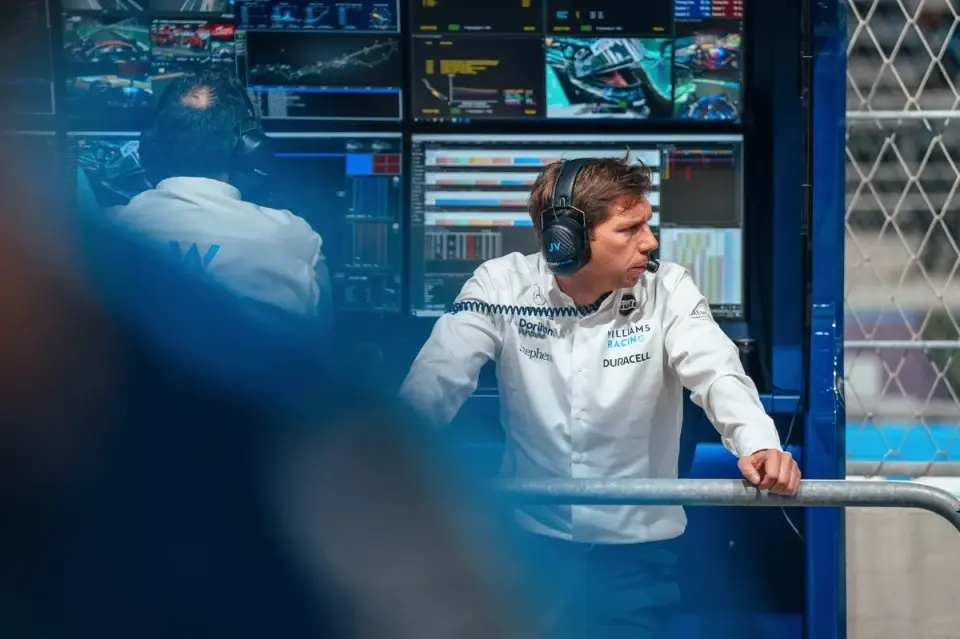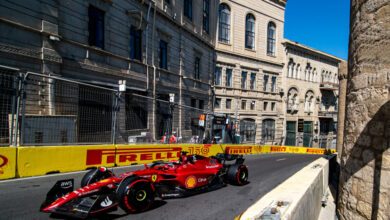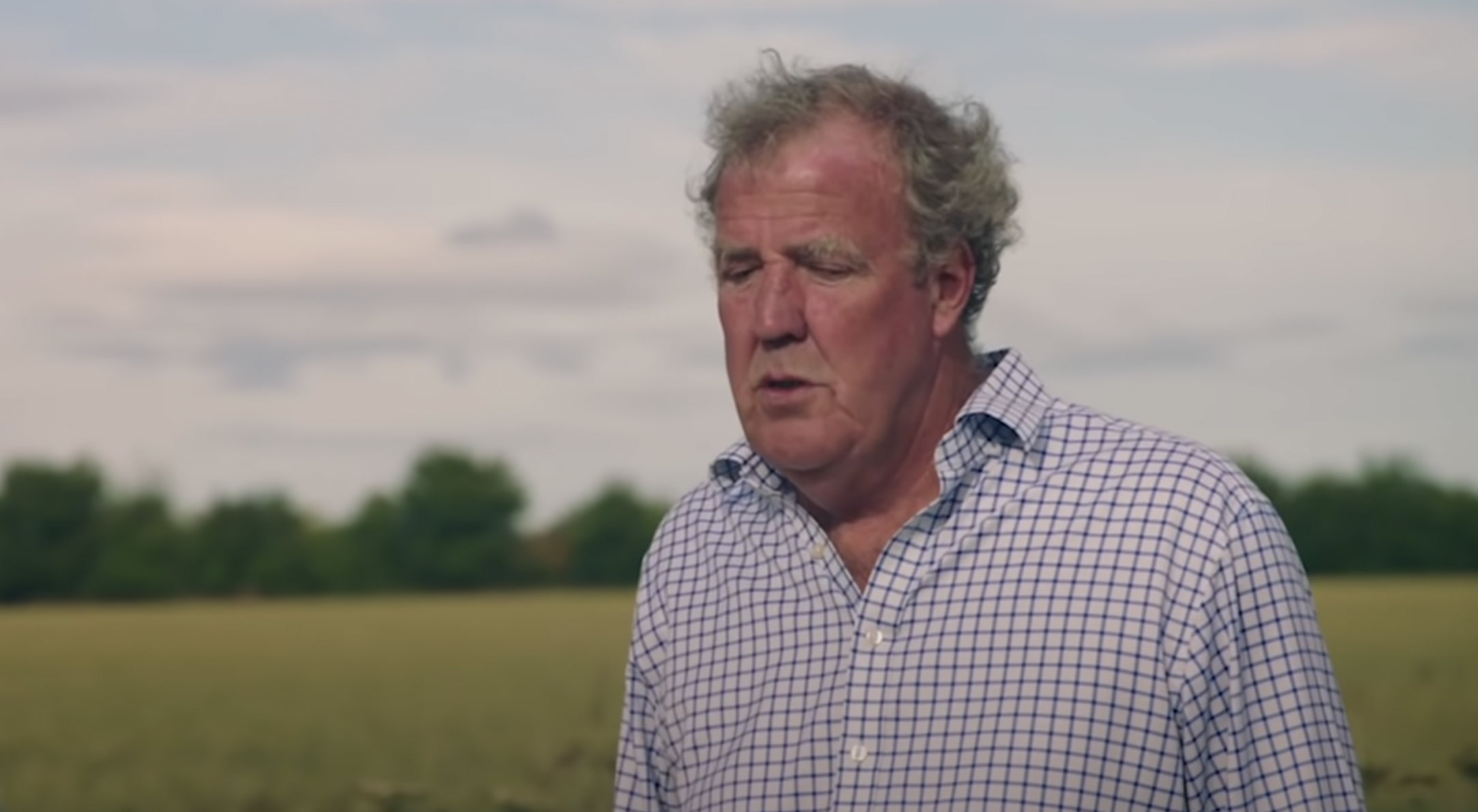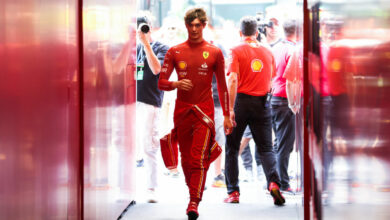Williams’ Vowles Critiques AlphaTauri’s Rookie Management, Endorses Williams’ Approach
In a recent interview, Williams team principal James Vowles critiqued AlphaTauri for their handling of Nyck de Vries’ mid-season replacement in 2023. Vowles contrasted this with his own approach at Williams, emphasizing the importance of time for rookies to adapt in Formula 1.
Key Takeaways:
- AlphaTauri’s Swift Driver Change: Vowles questioned AlphaTauri’s decision to quickly replace Nyck de Vries with Daniel Ricciardo, despite Ricciardo’s injury and absence in 2023. He pointed out the need for giving drivers enough time to prove their potential.
- Backing Williams’ Rookie, Logan Sargeant: Vowles showed steadfast support for Williams’ rookie Logan Sargeant, who earned a point despite a tough season, highlighting the difference in handling rookies between Williams and AlphaTauri.
- Highlighting the F1 Learning Curve: Vowles emphasized the enormous transition for rookies from lower motorsport series to F1, discussing the challenges in managing high-speed cars and optimizing tyre performance.

In a revealing interview with KTM Summer Grill, James Vowles, Williams team principal, expressed his views on rookie development in Formula 1, particularly in the context of AlphaTauri’s handling of Nyck de Vries’ replacement with Daniel Ricciardo during the 2023 season. This move, according to Vowles, was potentially premature and indicative of the larger issue of inadequate development time for newcomers in the sport.
Vowles contrasted AlphaTauri’s approach with his at Williams, particularly in supporting rookie Logan Sargeant through his difficult first year. This approach, he implies, is more conducive to long-term development and success in Formula 1.
Vowles stated, “I would say any rookie this year – there were sort of three starting the year and two finishing the year – one not perhaps given their full potential within the season, because it is tough. In the old days, I don’t know how to describe old days, five years ago, six years ago, what we used to do is do about 30,000km of testing with a driver before you’d even consider putting them in the race car.”
He continued, “They need enough [time] that they can explore the boundaries and limits of it because the step from any other motorsport series and this one is enormous. To put numbers on it, F2 and even IndyCar for that matter would be about 14 seconds behind on a lap time. So you’re in a different ballpark to what you’re experiencing here. And it takes the drivers time to extract everything out of the tyres… You’re trying to get all four tyres within a few degrees of their optimum temperature. The window is only about four or five degrees. You’re trying to manhandle a car at 300km/h around a circuit and it’s just a different world and it takes quite a while. Someone described it to me as it’s driving a racing car, but now at warp speed. Everything happens so much faster. And it takes a long time for you to get used to finding those limits.”
This discussion sheds light on the complex and often underestimated transition rookies face when stepping into Formula 1. Vowles’ comments also underscore the critical role of team management in nurturing young talent, a factor that can make or break a driver’s career in this high-stakes sport.



